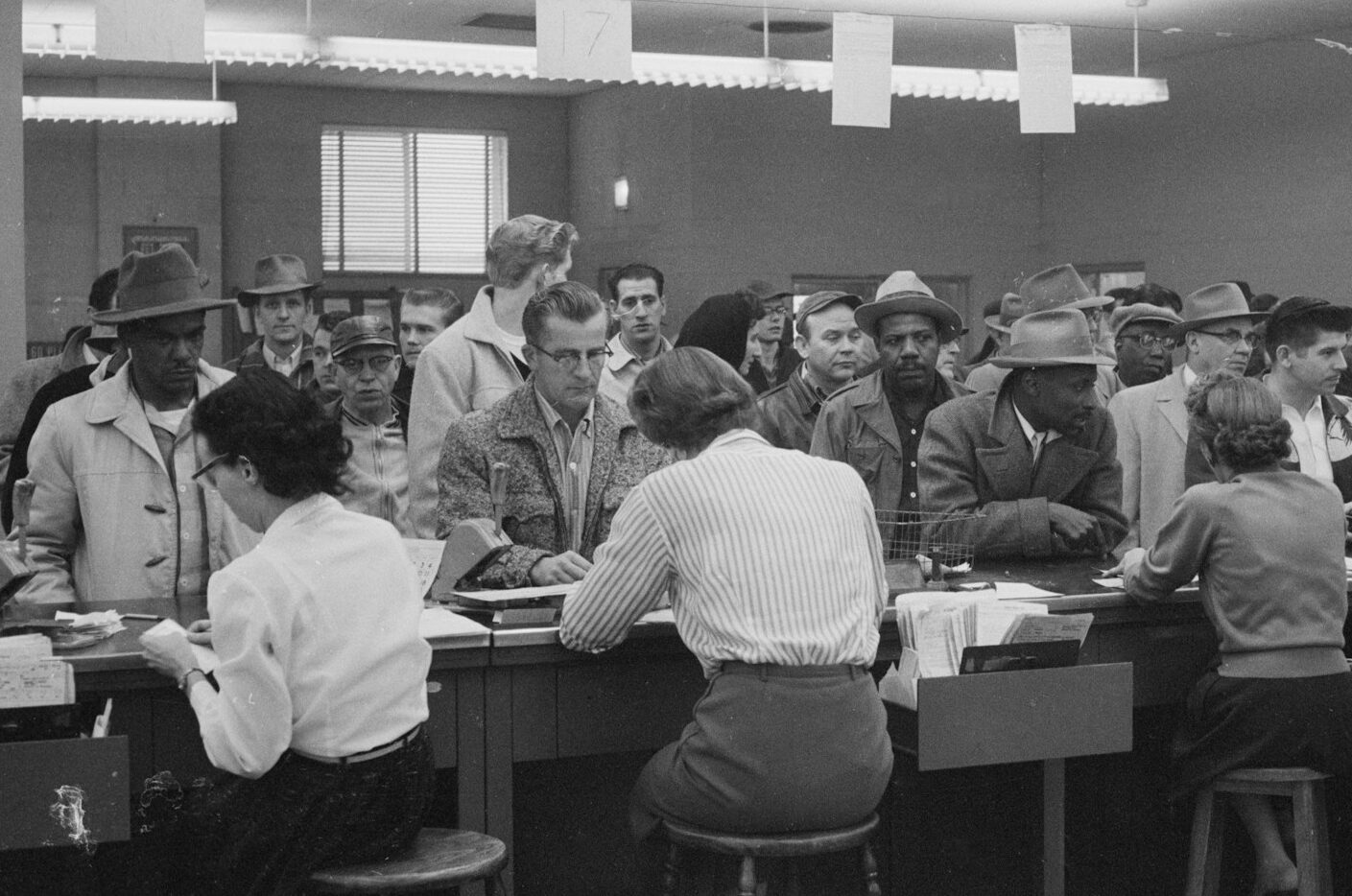
People often reminisce about how things were better in the past. Your uncle brings it up at Thanksgiving. Social media feeds are full of it. Nostalgia does something weird to memory, though. It keeps the warm parts and drops everything that made life harder. Many of what are remembered as better times were just different kinds of difficult.
Everyone Was Healthier Without Processed Food
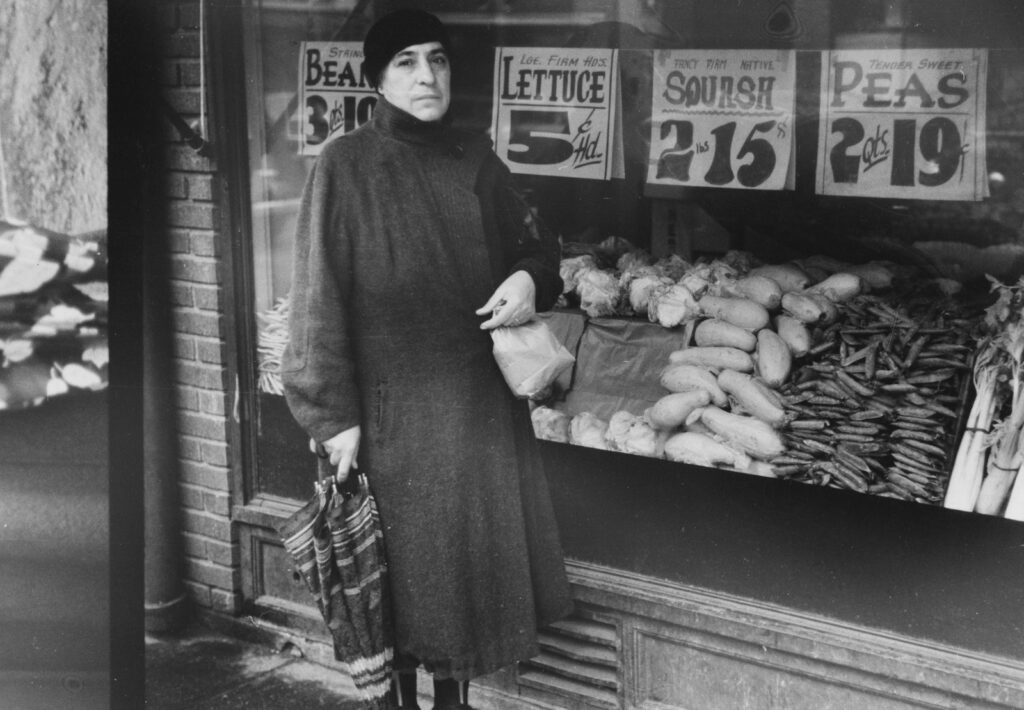
There wasn’t much processed food available. What people ate wasn’t exactly a clean diet, though. Vegetables came from dirt nobody had tested. Iceboxes kept meat cold enough to prevent it from spoiling immediately. Lard was cheap, so everything got fried in it. The kitchen smelled heavy by dinnertime. Canned goods were packed with sodium, and food poisoning happened often enough that families just expected it.
Kids Played Outside Because It Was Better for Them
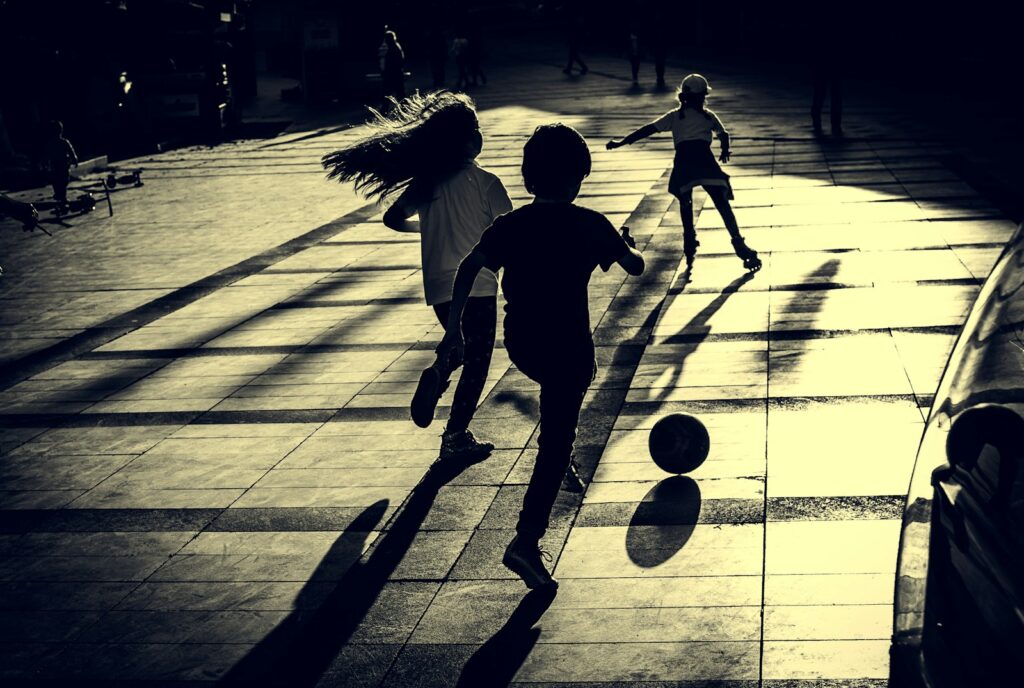
Children spent hours outside in the heat because homes lacked air conditioning. Nobody wanted to sit inside a house that felt like an oven. Kids walked to school in all kinds of weather because most families only had one car. The neighbor’s dog wasn’t on a leash and sometimes chased you down the block. Playing outside wasn’t some idyllic childhood freedom. It was just what you did when staying indoors was miserable.
Communities Were Closer and More Connected

Towns were small, and people knew your name. They also knew when your marriage was struggling. The grocery store was where news traveled, and not all of it was kind. You showed up at church on Sunday because missing it meant questions. People watched each other constantly. That closeness everyone talks about came with judgment baked right into it, and you couldn’t opt out of it.
Marriages Lasted Because People Valued Commitment
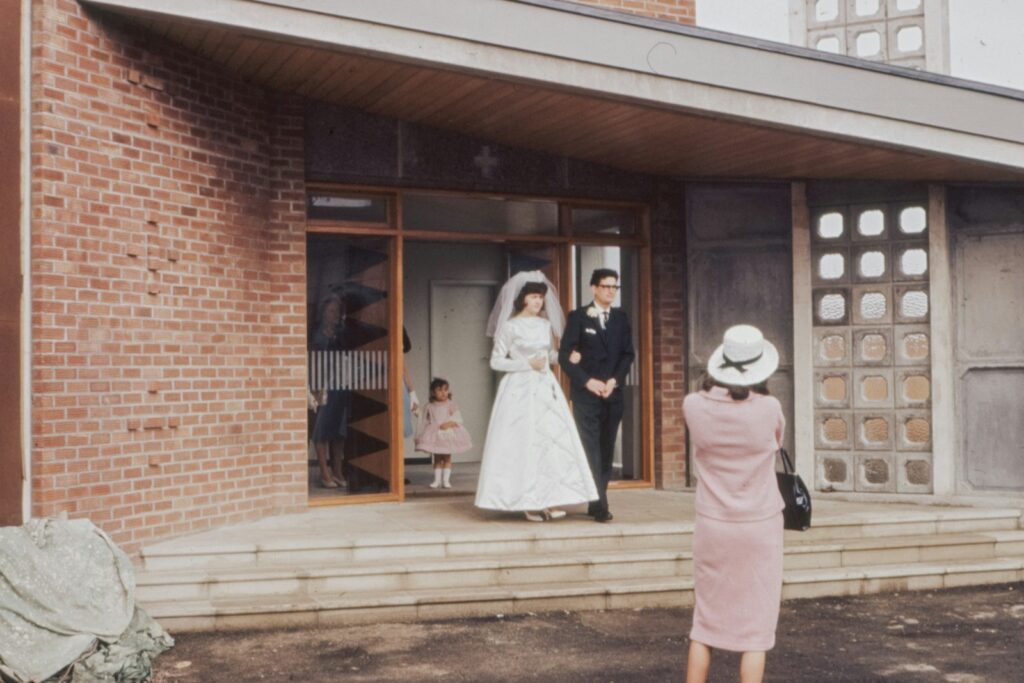
Women were often unable to open bank accounts independently in many parts of the world. Leaving a marriage meant losing access to the money they helped earn. Divorce left people shunned by both family and neighbors. People stayed because the alternative was worse. You’d see couples sitting at dinner, talking a little. They’d been doing it for thirty years. Nobody called that happiness, but the marriage stayed intact on paper.
People Had Better Manners and More Respect
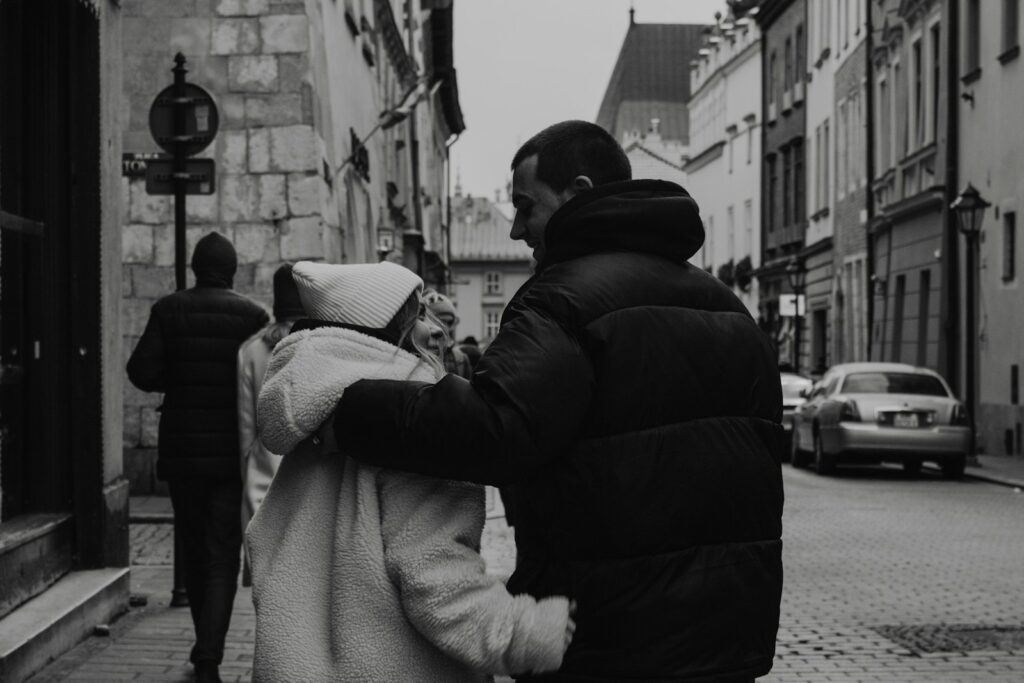
People said ‘please’ and ‘thank you’ at the counter. Those same folks supported segregation. Restaurants had sections where some people were unable to sit. Being polite to your neighbor didn’t mean you treated everyone fairly. Manners were selective. Respect depended on one’s skin color and one’s background. The surface looked nice, but it only extended to certain people, and everyone was aware of it.
Jobs Were Easier to Find and Keep
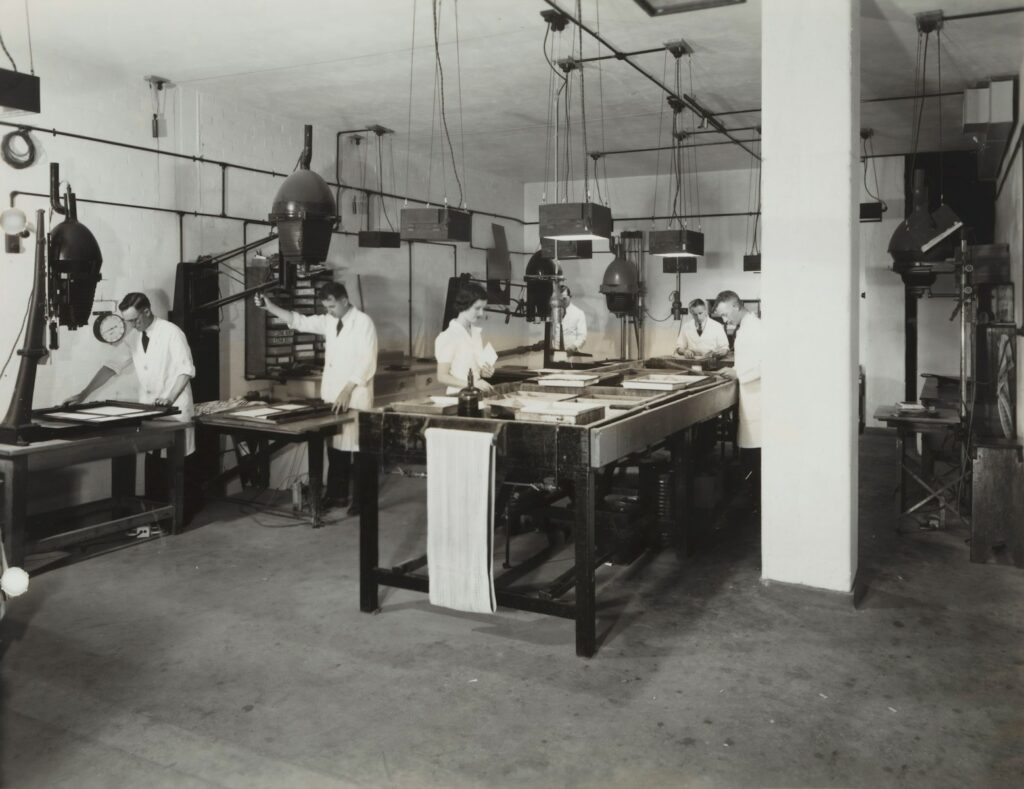
Getting hired was simpler because companies could fire you for anything. Labor protections barely existed. Workplace injuries were common, and you had to deal with them. No medical leave if you got hurt on the job. The factory hired quickly because turnover was high and conditions were rough. Your back gave out by fifty from repetitive work, and nobody called it a disability.
Healthcare Was Simpler and Less Complicated
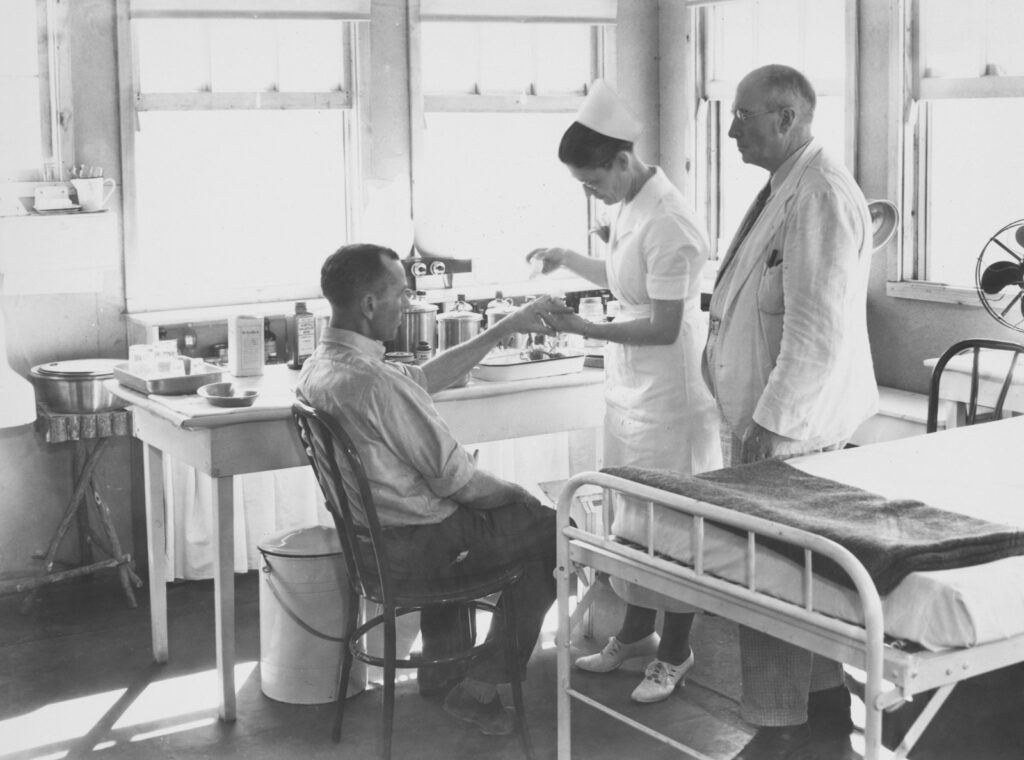
Doctors came to your house, but didn’t have much to work with. An infection could kill you since antibiotics weren’t common until the 1950s. Dentists pulled teeth while you felt most of it because the numbing agent was not yet effective. Breaking a bone meant weeks in a cast that itched with no relief. The hospital hallways echoed with sounds that made you uncomfortable, and everything smelled like bleach.
Life Moved Slower and People Were Less Stressed
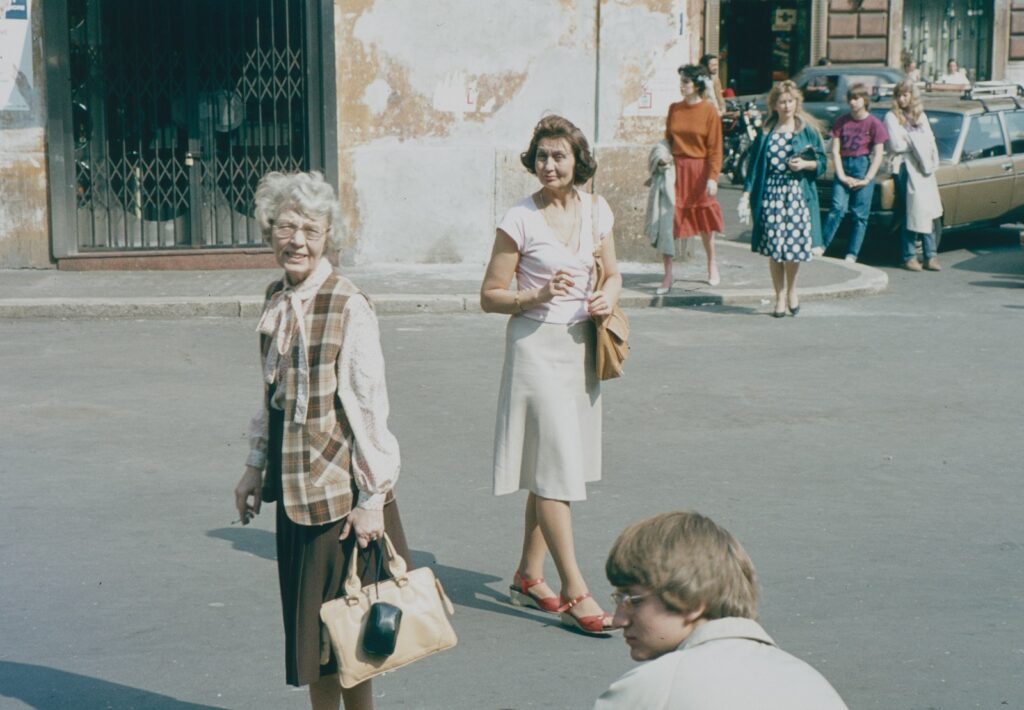
The pace might have been slower, but physical labor took a toll on your body. Doing laundry meant scrubbing by hand all day until your knuckles were raw. Women spent hours cooking every meal from scratch because there was no other option. Men finished long shifts and came home too exhausted for much else. Just because something moves slowly doesn’t make it easier when the work keeps coming.
Schools Taught Better and Kids Actually Learned
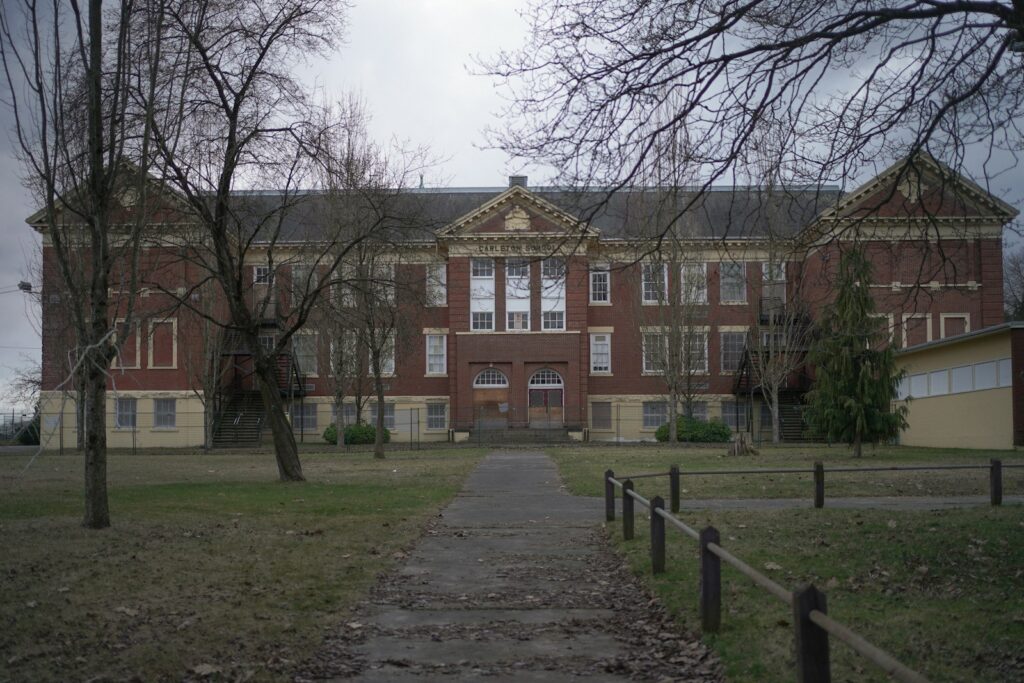
Classrooms had forty kids with one teacher trying to manage them all. You either picked up reading quickly, or you got left behind. A kid who couldn’t sit still would get paddled in front of everyone. The wooden desks had rough edges that left splinters in your palm. Textbooks were outdated by several years, and some of the information was simply incorrect. Not everyone had the opportunity to attend school, depending on their location.
The Air Was Cleaner Before All This Pollution
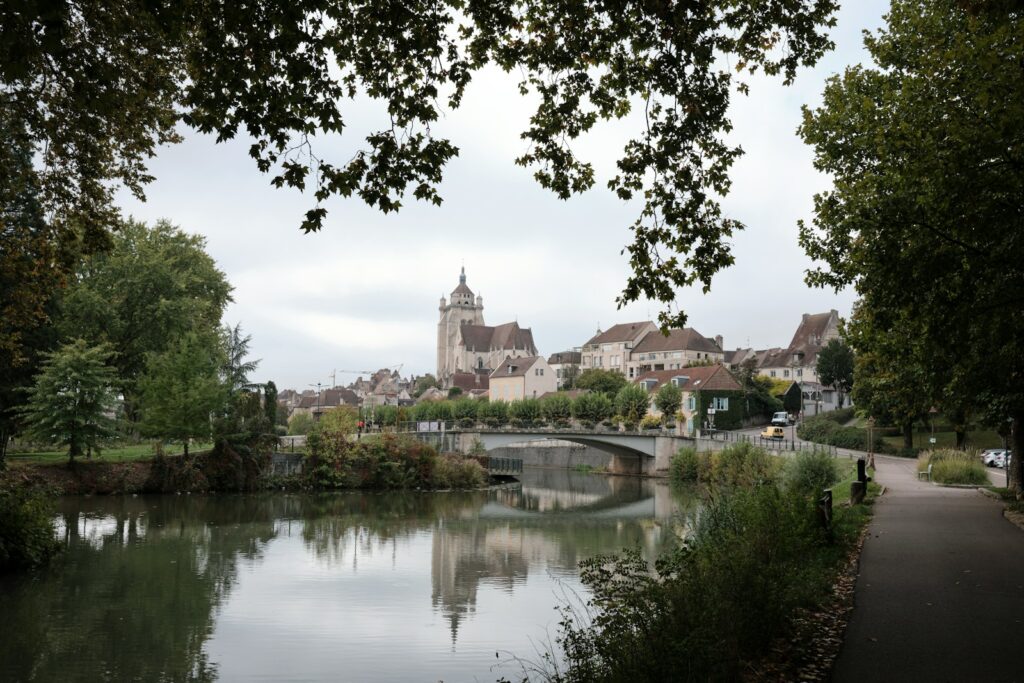
Coal smoke hung so thick over cities you could taste it. Factories dumped waste into rivers, and some actually caught fire from the chemicals. Leaded gasoline filled the air near highways. People coughed constantly but didn’t connect it to what they were breathing. Smog sat over neighborhoods, and you’d wipe black soot off your windowsills every morning, thinking it was normal.
Families Ate Dinner Together Every Night
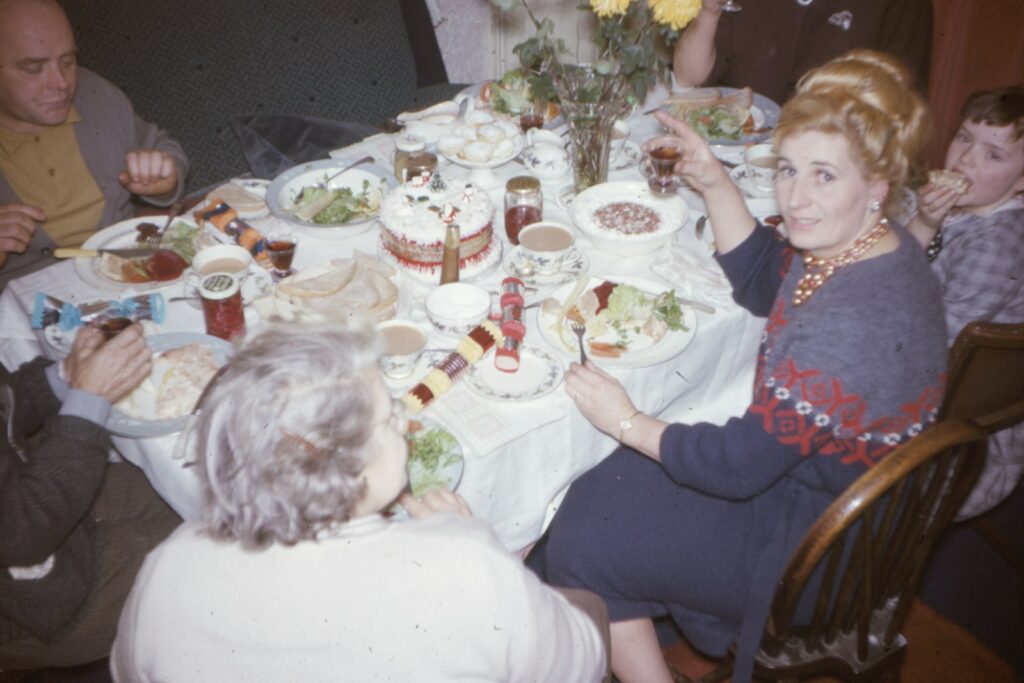
Dinner happened at the same time, but that didn’t make it warm. Dad sat at his end and set the rules everyone followed. Mom served what she’d cooked all day and ate last. Kids finished everything on their plates, even when full. Not much talking happened. The silence felt heavier than the meal, and doing it every night didn’t bring anyone closer.
Nobody Locked Their Doors Because Crime Was Lower
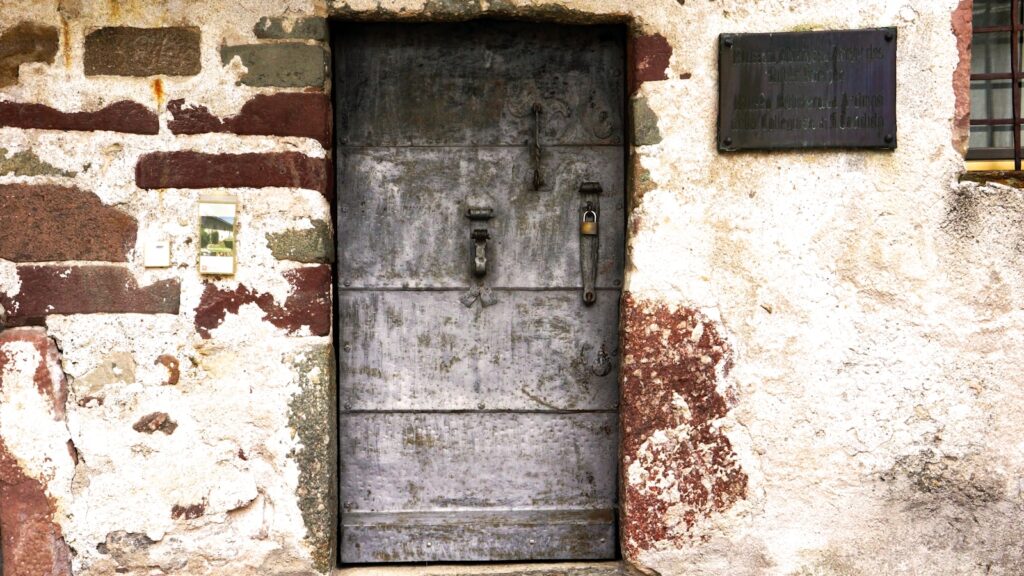
People left doors unlocked because they didn’t own much worth stealing. A black and white television and a radio didn’t make you a target. Small towns had less crime because everyone watched out for one another. That’s different from safety. It was surveillance. Crime happened, but was handled quietly or ignored depending on who was involved. You didn’t lock up because your neighbor would notice and talk.
People Were Tougher and Handled Problems Better

Mental health wasn’t discussed, so people just suffered silently. Depression was called being moody or lazy. Trauma from war or abuse went untreated for lifetimes. Men were told to stop complaining, and women were called hysterical. Toughness wasn’t strength, but suppression. Someone would snap eventually, and people acted surprised. The lack of support was admirable, yet also sad.
Everything Was Built to Last Longer
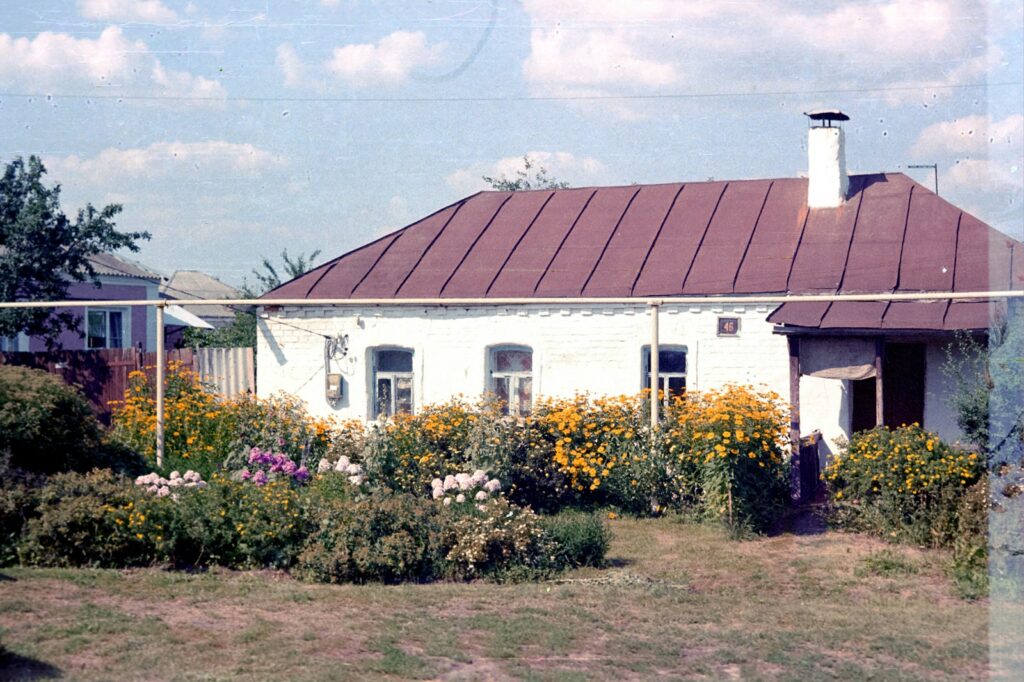
Products were made sturdy, but options were limited. You kept the same toaster for twenty years because buying a new one was too expensive. Repairs cost money; most families didn’t have extra money. Clothes were mended over and over until the fabric gave out completely. Nothing was disposable, but that was out of necessity. A broken appliance sat in the basement for months, waiting for someone to fix it. Durability came from having no choice.
Television and Entertainment Were Wholesome and Innocent
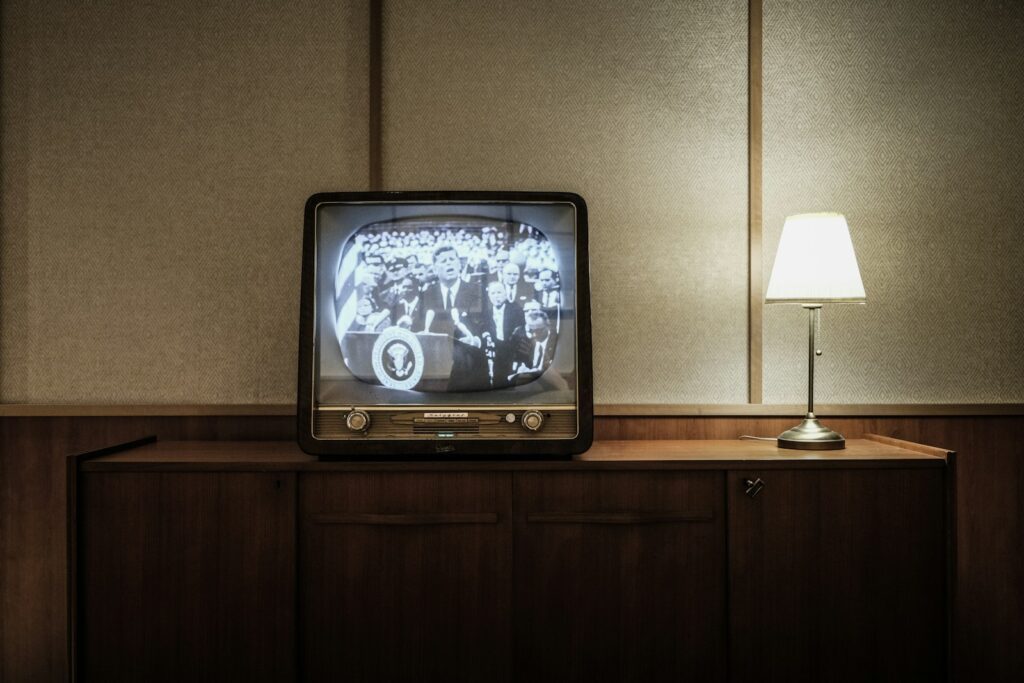
Censors cut everything before it reached your TV. Married couples slept in separate beds on every show. Anything controversial disappeared. Most people never appeared on screen unless they fit a narrow idea of acceptable. Three channels were all you had. Recording didn’t exist, so you planned around the TV schedule. It wasn’t wholesome. It was limited and controlled.

